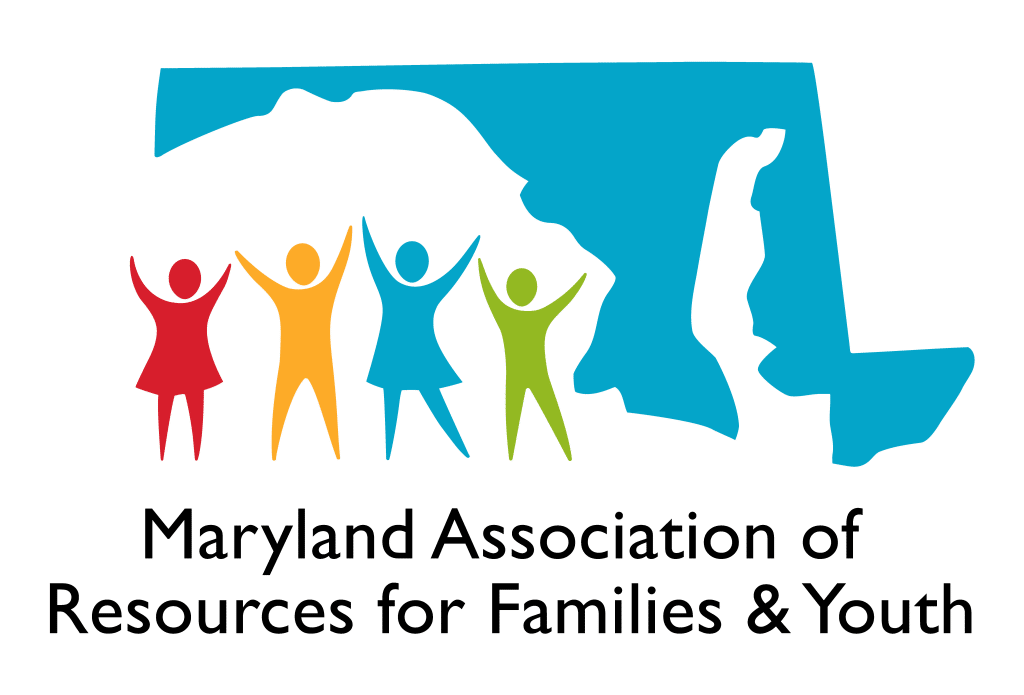This is a guest blog from Rob Cannon at Gorges & Co, a partner of Maryland Nonprofits that specializes in directors & officers liability, workers compensation, and employee benefits. If you have any questions, you can reach out to Rob here.
Choosing the right health insurance options for you or your organization can be confusing and difficult, but adding an HSA, HRA, FSA, or ICHRA to the analysis can help you figure out what makes the most sense for your organization. If I haven’t totally lost you yet, keep reading to learn what those acronyms mean and how they can work for you.
- HSA – A Health Savings Account is a type of savings account that lets you set aside money on a pre-tax basis to pay for qualified medical expenses. By using untaxed dollars in a Health Savings Account (HSA) to pay for deductibles, copayments, coinsurance, and some other expenses, you may be able to lower your overall health care costs. HSA funds generally may not be used to pay premiums. While you can use the funds in an HSA at any time to pay for qualified medical expenses, you may contribute to an HSA only if you have a Qualified High Deductible Health Plan (HDHP) — generally a health plan (including a Marketplace plan) that only covers preventive services before the deductible. For plan year 2020, the minimum deductible for an HDHP is $1,400 for an individual and $2,800 for a family. If you have an HDHP, you can contribute up to $3,550 for self-only coverage and up to $7,100 for family coverage into an HSA (plus a catchup if you are 55 or older of $1,000).
- HRA – Health Reimbursement Arrangements are employer-funded group health plans from which employees are reimbursed tax-free for qualified medical expenses up to a fixed dollar amount per year. This can only be done if you have a Qualified High Deductible Health Plan (HDHP). Unused amounts may be rolled over to be used subsequently up to a set amount if the employer elects that option. The employer funds and owns the arrangement. Health Reimbursement Arrangements are sometimes called Health Reimbursement Accounts.
- FSA – A Flexible Spending Account is an arrangement through your employer that lets you pay for many out-of-pocket medical expenses with tax-free dollars. Allowed expenses include insurance copayments and deductibles, qualified prescription drugs, insulin, and medical devices. You decide how much to put in an FSA, up to a limit set by your employer. You aren’t taxed on this money. If money is left at the end of the year, the employer can offer one of two options (not both). You get 2.5 more months to spend the left over money. You can carry over up to $500 to spend the next plan year. Flexible Spending Accounts are sometimes called Flexible Spending Arrangements.
- ICHRA – As of January 1, 2020, employers can offer an Individual Coverage Health Reimbursement Arrangement (ICHRA Quick Facts) instead of a traditional group health plan that reimburses medical expenses, like monthly premiums, and requires eligible employees and dependents to have individual health insurance coverage or Medicare Parts A (Hospital Insurance) and B (Medical Insurance) or Part C (Medicare Advantage) for each month they are covered by the individual coverage HRA.
HSA, HRA and FSA plans can also include additional expenses that are in IRS Section 213(d). Click here to see eligible expenses.
For more information on health care as it relates to nonprofit organizations, please email me.





